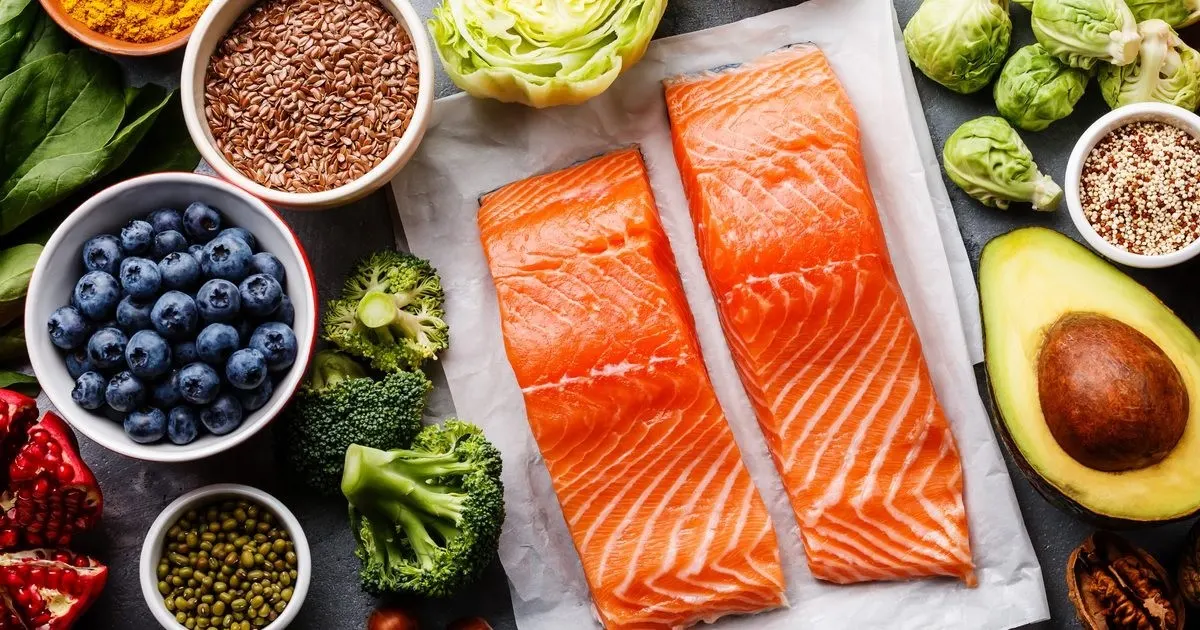17/12/2024
17/12/2024

NEW YORK, Dec 17: Inflammation is a natural response by the immune system when the body detects foreign invaders like microbes, plant pollen, or chemicals. This protective process helps safeguard your health. However, when inflammation becomes chronic and persists even without the presence of a threat, it can contribute to the development of several major diseases, including cancer, heart disease, diabetes, arthritis, depression, and Alzheimer's.
While inflammation plays a key role in protecting the body, its prolonged presence can be harmful. Fortunately, one of the most effective ways to combat chronic inflammation comes from your diet. According to Dr. Frank Hu, a professor of nutrition and epidemiology at the Harvard School of Public Health, many studies have shown that certain foods and beverages can have anti-inflammatory effects.
Foods that promote inflammation
Certain foods can trigger or exacerbate inflammation. To minimize the risk of chronic inflammation, it is recommended to limit or avoid the following:
Fried foods, including French fries
Soda and other sugar-sweetened beverages
Red meat (e.g., burgers and steaks) and processed meats (e.g., hot dogs and sausages)
Margarine, shortening, and lard
These foods are not only linked to inflammation but are also associated with an increased risk of chronic diseases such as type 2 diabetes and heart disease. Dr. Hu explains that inflammation is a key factor in the development of these conditions, and unhealthy foods contribute to weight gain, which is also a risk factor for inflammation. However, studies have shown that the relationship between certain foods and inflammation remains, even when accounting for obesity.
Anti-inflammatory foods to include in your diet
In contrast, an anti-inflammatory diet should focus on foods known to reduce inflammation. These include:
Olive oil
Green leafy vegetables, such as spinach, kale, and collards
Nuts like almonds and walnuts
Fatty fish, including salmon, mackerel, tuna, and sardines
Fruits such as strawberries, blueberries, cherries, and oranges
Dr. Hu highlights that fruits and vegetables rich in antioxidants and polyphenols—protective compounds found in plants—are particularly beneficial in reducing inflammation. For example, blueberries, apples, and leafy greens are high in these compounds and have been shown to lower inflammation. Additionally, nuts have been associated with reduced inflammation and a lower risk of cardiovascular disease and diabetes. Coffee, which contains polyphenols, may also offer protective benefits.
The Mediterranean diet:
For those looking to adopt an anti-inflammatory eating plan, the Mediterranean diet is an excellent choice. This diet emphasizes fruits, vegetables, nuts, whole grains, fish, and healthy oils, all of which help lower inflammation. Dr. Hu notes that such a diet not only reduces the risk of chronic diseases but can also improve mood and overall quality of life.
By focusing on a natural, less processed diet, you can reduce inflammation and enhance both your physical and emotional well-being. A healthy diet is a powerful tool in preventing chronic diseases and improving your quality of life.


